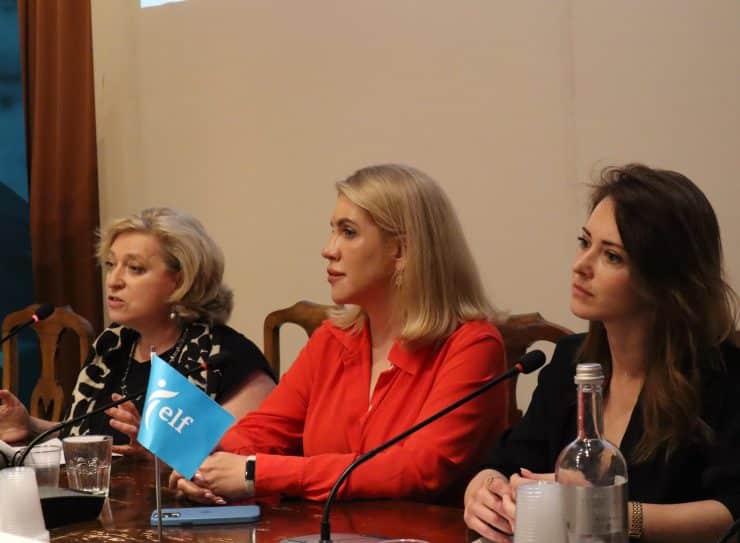13 June 2023
ELF leads discussions on European defence and Ukraine reconstruction
The European Liberal Forum led two plenary sessions in the scope of the Fourth Siena Conference on the Future of Europe, organised by Vision think-tank and European political foundations from 8-10 June.
